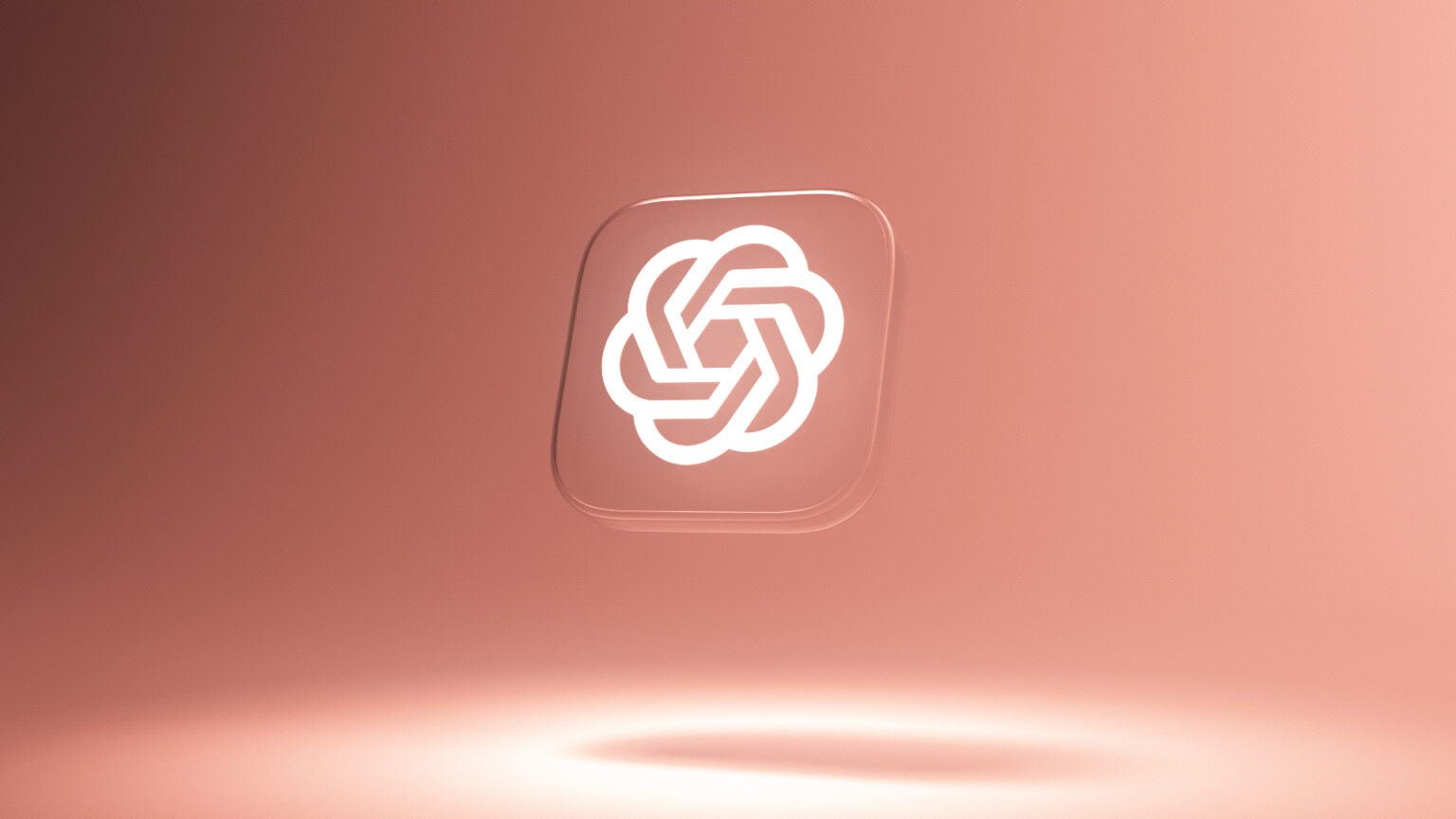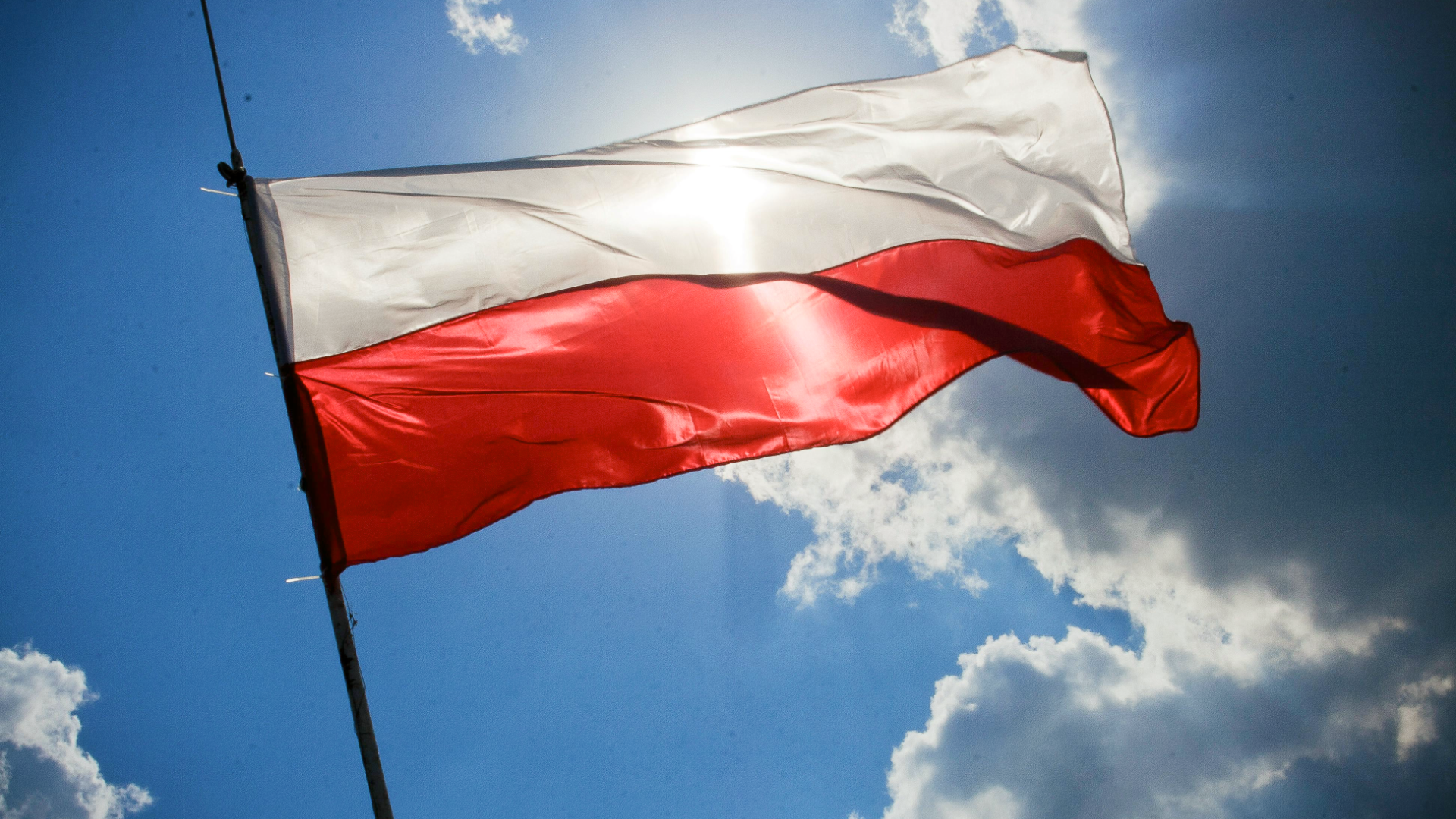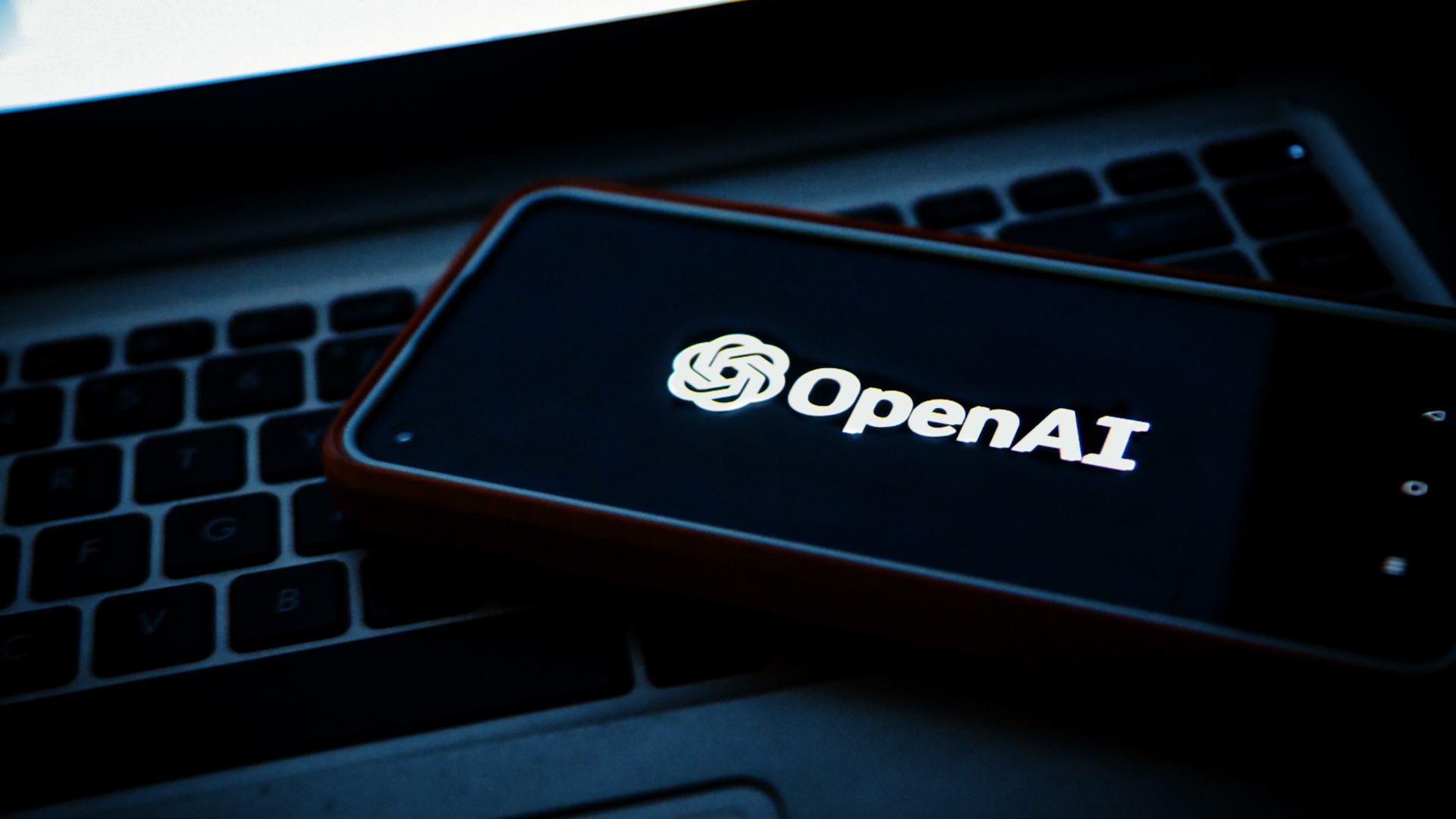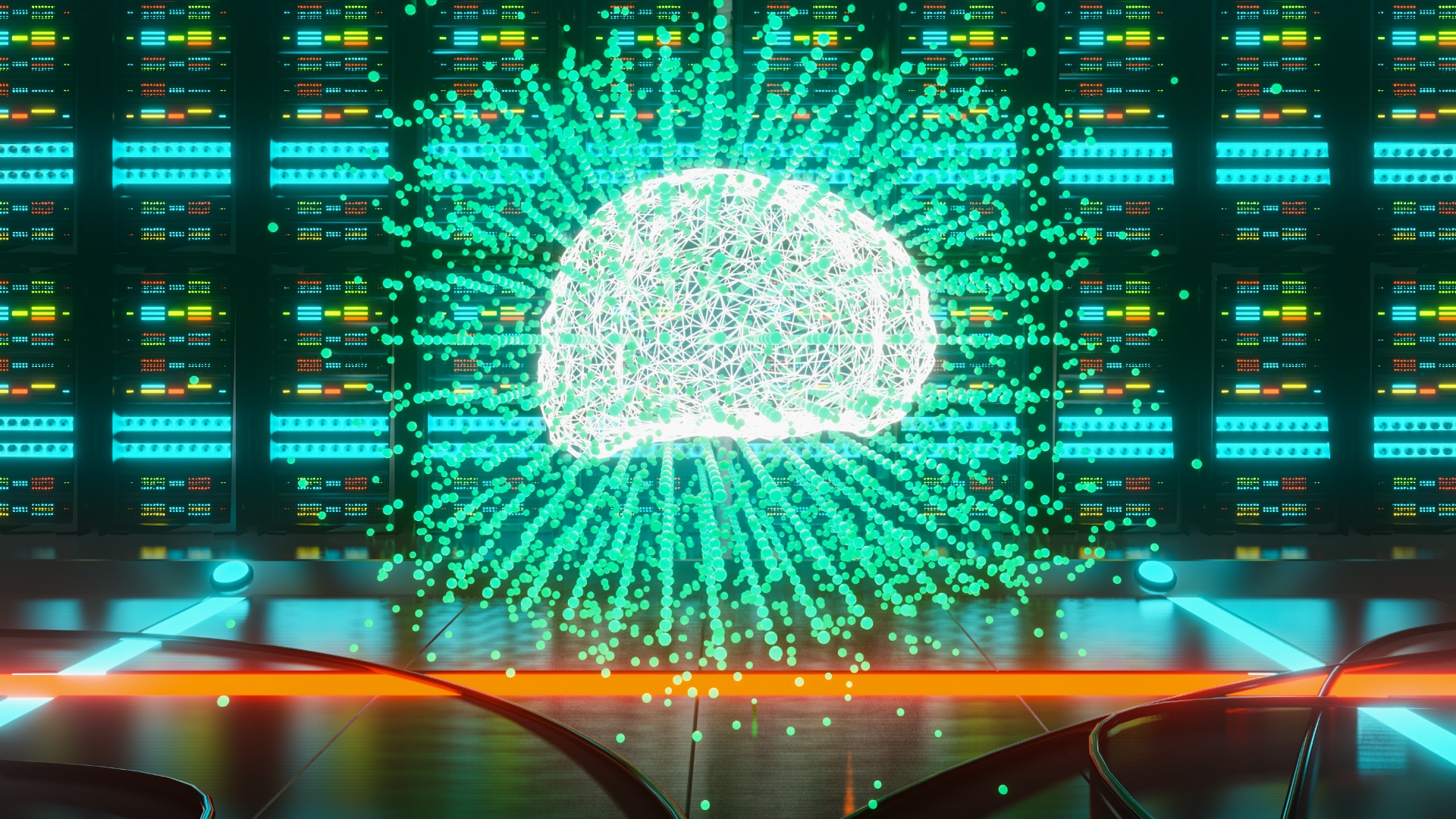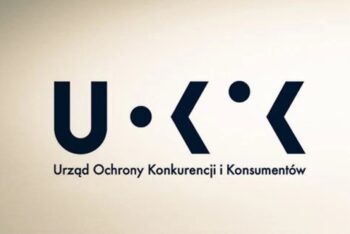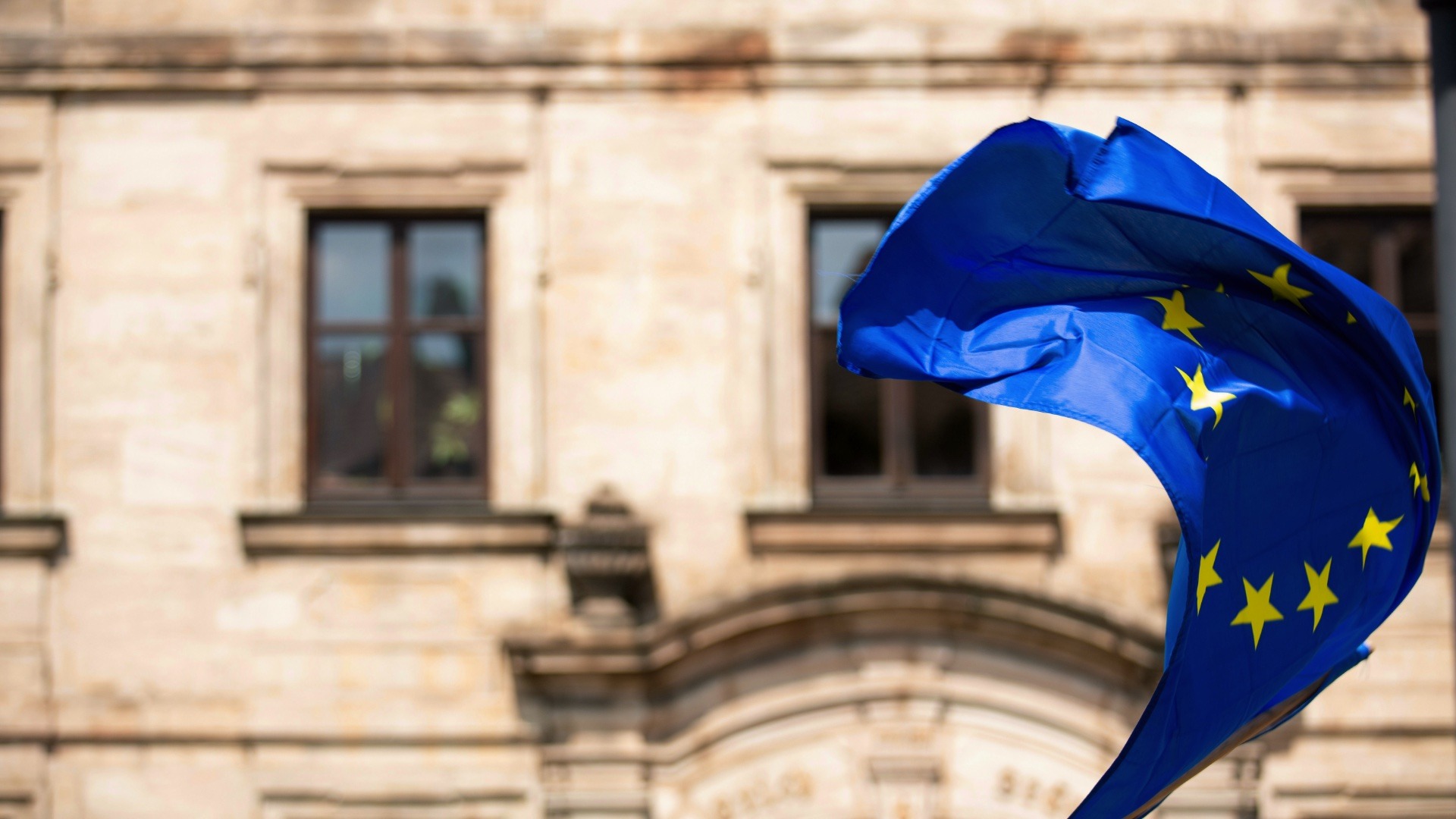The legal dispute between OpenAI and The New York Times is escalating, shifting the burden from general accusations of copyright infringement to the thorny ground of user privacy. On Wednesday, lawyers for the creators of ChatGPT asked a federal judge in New York to block the injunction. It obliges the company to disclose more than 20 million anonymised ChatGPT chat records .
For OpenAI, this is an attempt to protect the confidential information of millions of users. The company argues that 99.99% of these transcripts are irrelevant to the case, and that the release of the logs, even after de-identification, constitutes a “speculative fishing expedition” and an invasion of privacy. Dane Stuckey, director of information security at OpenAI, described the potential disclosure as a forced handover of “tens of millions of very personal conversations”.
For The New York Times, however, the chat logs are key evidence in the case. The media conglomerate, which accuses OpenAI of illegally using millions of its articles to train models, needs this data for two reasons. First, to prove that ChatGPT is actually replicating copyrighted content in response to queries from ordinary users.
Secondly, the logs are to be used to refute OpenAI’s central defence thesis. The company claims that the NYT deliberately ‘hacked’ the chatbot, using specific, misleading queries (prompts) to forcibly extract evidence of a breach from the model. The logs are meant to show whether such results are the norm or just the result of manipulation.
The two sides argue over the interpretation of security. A spokesperson for the NYT called OpenAI’s position “deliberately misleading”, insisting that “no user privacy is at risk”. He pointed out that the court only ordered the delivery of a sample of chats, anonymised by OpenAI itself and covered by the protective order. Judge Ona Wang, in granting the original injunction, also found that “exhaustive de-identification” would be sufficient protection.




